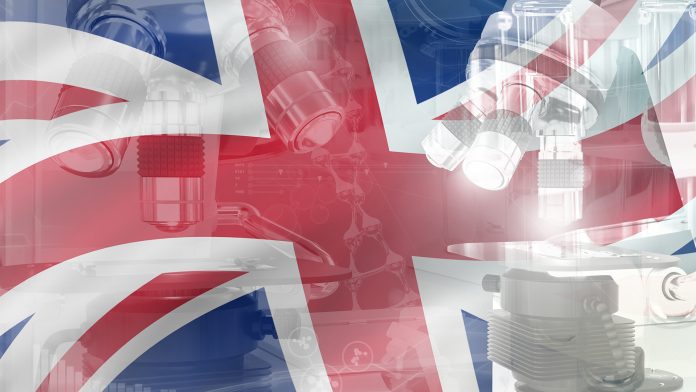UK Chancellor Jeremy Hunt has unveiled a substantial £360m investment package to bolster the UK’s life sciences and manufacturing sectors.
The sizeable investment in the country’s life sciences and manufacturing capabilities is crucial to the government’s strategy to stimulate economic growth, enhance health resilience, and fortify job opportunities throughout the nation.
It was also confirmed that companies will soon be able to apply for a share of the £520m funding for life sciences manufacturing announced in the Autumn statement.
Hunt commented: “We’re sticking with our plan by backing the industries of the future with millions of pounds of investment to make the UK a world leader in manufacturing, securing the highly-skilled jobs of the future and delivering the long-term change our country needs to deliver a brighter future for Britain”.
Boosting life sciences manufacturing
A substantial portion of the funding, totalling £7.5m, is allocated to support the expansion plans of two prominent pharmaceutical companies investing a combined £84m to enhance their manufacturing capabilities within the UK.
Notably, Almac, a Northern Ireland-based pharmaceutical firm specialising in drugs to treat cancer, heart disease, and depression, is set to benefit from this investment.
Alongside Almac, Ortho Clinical Diagnostics in Pencoed, Wales, is gearing up to expand its facilities to produce testing products used in the identification of various diseases and conditions.
These initiatives are expected to create nearly 300 jobs across the UK, further strengthening the nation’s foothold in the life sciences sector.
Science Secretary Michelle Donelan added: “The UK’s £108bn life sciences sector is driven by the pioneering contributions of over 300,000 highly-skilled individuals who transform lives through groundbreaking advancements in drug discovery and diagnostics.
“We fuel this progress by fostering a dynamic environment where cutting-edge technologies like AI and genomics meet world-class research to create the next generation of healthcare solutions, including in our NHS.
“By investing in advanced manufacturing facilities, we are protecting our communities by ensuring we can rapidly respond to future health emergencies and deliver life-saving innovations when they are needed most.”
Accelerating automotive R&D
In addition to the life sciences investments, the government has earmarked almost £73m for cutting-edge automotive research and development projects.
These initiatives are aimed at advancing electric vehicle (EV) technology, fostering highly skilled job opportunities, and solidifying the UK’s position as a global hub for EV manufacturing.
Supported by over £36m in government funding awarded through Advanced Propulsion Centre UK (APC) competitions, companies like YASA and Empel Systems are spearheading projects focused on developing technologies for the next generation of battery electric vehicles.
Furthermore, projects led by Integrals Power are scaling up high-performance battery systems, enhancing safety, power density, and cost-efficiency.
Investment in aerospace
As part of today’s announcements, nearly £200m in joint government and industry funding is allocated to aerospace research and development projects.
These initiatives aim to drive advancements in energy-efficient and zero-carbon aircraft technology, facilitating the transition to net-zero aviation.
Notable projects include the development of zero-carbon aircraft engine technology led by Cambridge-based Marshall Group, and investments in Airbus-led projects focused on enhancing wing designs and carbon fibre production rates. The funding will be delivered through the Aerospace Technology Institute (ATI) programme,
Green Industries Growth Accelerator
Furthermore, the Chancellor has announced an increase of up to £120m in the Green Industries Growth Accelerator (GIGA) to support the expansion of low-carbon manufacturing supply chains across the UK.
This funding will contribute to lowering costs and accelerating the transition to a green economy. The total fund, now approaching £1.1bn, will be split between various clean energy sectors, including investments in electricity networks, offshore wind, carbon capture, utilisation, storage, and fuel production for advanced nuclear reactors.





